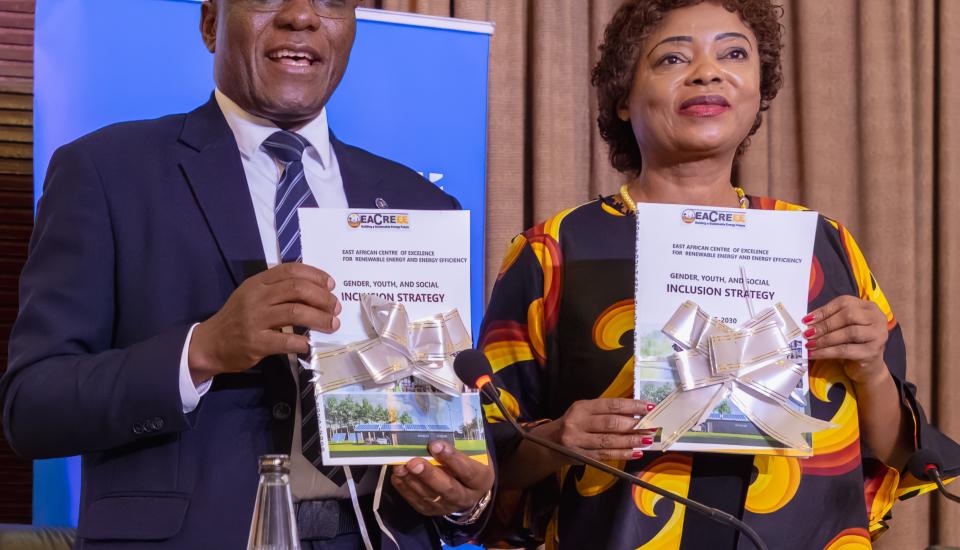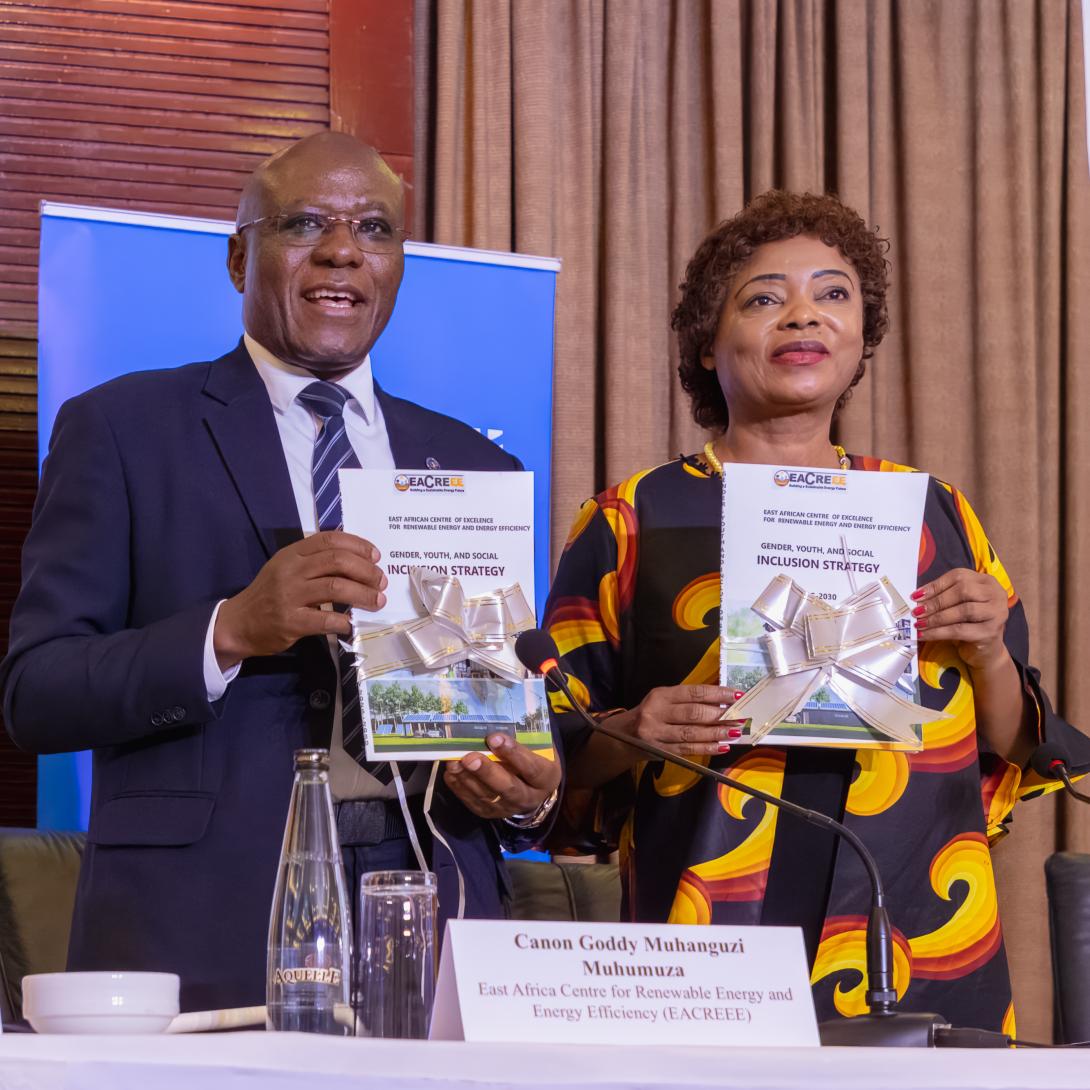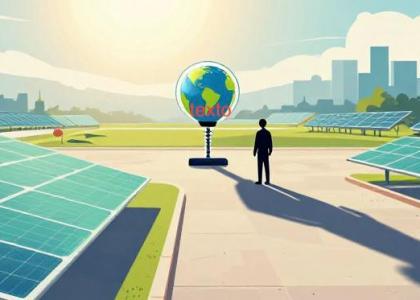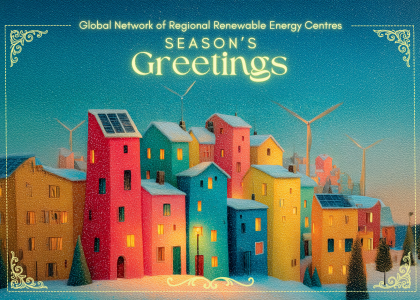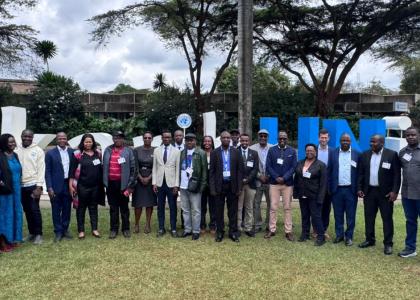On 9 July, EACREEE launched the Gender, Youth and Social Inclusion Strategy for 2025-2030. The UN Women Country Representative in Uganda, Dr. Paulina Chiwangu, officially launched the Strategy during the Global Bioenergy Partnership (GBEP) Bioenergy Week, an event organised by the Food and Agriculture Organisation of the United Nations in collaboration with the United Nations Industrial Development Organisation, the African Energy Commission of the African Union (AFREC), and hosted by the Ministry of Energy and Mineral Development in Kampala, Uganda.
The launch event was attended by representatives from government, UNIDO, the Global Network for Regional Sustainable Energy Centres (GN-SEC), Regional Centres, development agencies, the private sector, and other strategic partners. The Gender, Youth, and Social Inclusion Strategy outlines a roadmap EACREEE will follow to promote gender equality, youth engagement, and social inclusion in sustainable energy solutions. In her keynote address, the UN Women Country Representative, Dr. Paulina, commended EACREEEE for taking a step to ensure that gender equality, youth engagement, and social inclusion are central to programming and activity implementation.
“EACREEE is setting the standard for how regional energy programs can address gender equity systematically. This strategy is not just a policy document—it’s a call to action that will require strong leadership from EACREEE, continuous engagement with youth groups, women’s organisations, governments and development partners, to ensure that inclusion is not a promise made but a promise kept for the success of this Strategy.”
The EACREEE Gender, Youth and Social Inclusion Strategy aligns with the policy and regulatory frameworks of the EAC Partner States, EAC Vision 2050, United Nations Sustainable Development Goals, particularly SDG 5 and SDG 7, the African Union Agenda 2063, among others. It sets out the following strategic objectives:
- To adapt organisation policies, procedures and systems to support the integration of gender, social inclusion and youth engagement across all EACREEE programs.
- To strengthen institutional competencies and operational approaches for mainstreaming gender, social inclusion and youth engagement throughout the design, implementation, monitoring and evaluation of EACREEE programmes, projects and initiatives.
Speaking at the launch, Canon Goddy Muhanguzi Muhumuza, the Executive Director of EACREEE, highlighted the need for this strategy
“With this Strategy, we aim to build knowledge, strengthen capacity, raise awareness and empower women and youth who form the majority of the EAC population to play a central role in advancing the region’s sustainability aspirations”
The Gender, Youth and Social Inclusion Strategy was developed with the support of the United Nations Industrial Development Organisation, with the financial backing from the Austrian Government and guided by gender experts and representatives from National Focal Institutions from the EAC partner states.
Photo ©️ Alan Sherrard

